Russia’s bitter relationship with Chechnya will be in the spotlight during Sochi 2014 Winter Olympics in February
In truth, this guerrilla war is just the latest stage in a cycle of oppression and resistance lasting centuries as Islamist leader and self-styled Emir of the Caucasus promises to use 'maximum force' to stop these Games
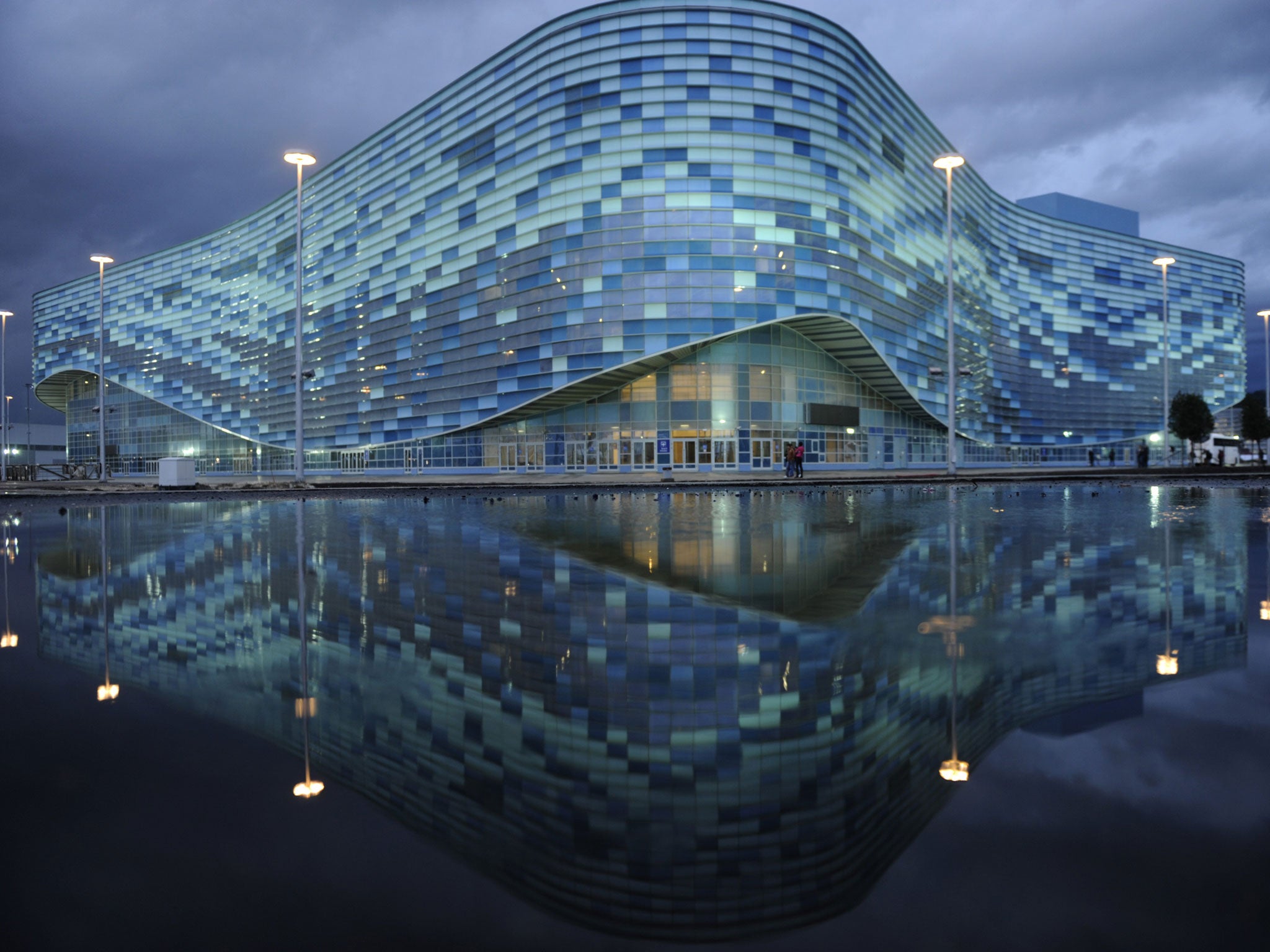
Your support helps us to tell the story
From reproductive rights to climate change to Big Tech, The Independent is on the ground when the story is developing. Whether it's investigating the financials of Elon Musk's pro-Trump PAC or producing our latest documentary, 'The A Word', which shines a light on the American women fighting for reproductive rights, we know how important it is to parse out the facts from the messaging.
At such a critical moment in US history, we need reporters on the ground. Your donation allows us to keep sending journalists to speak to both sides of the story.
The Independent is trusted by Americans across the entire political spectrum. And unlike many other quality news outlets, we choose not to lock Americans out of our reporting and analysis with paywalls. We believe quality journalism should be available to everyone, paid for by those who can afford it.
Your support makes all the difference.Any day soon, a bomb may go off in the Black Sea resort of Sochi. And if it does, it will be the nightmare that Vladimir Putin has been spending billions of roubles trying to prevent. The Winter Games, which start in February, have long been his pet project, designed to show the world how complete is his control over the territories of which he is president. The sudden rush of amnesties is just his latest ploy to sanitise the image of the Games.
With its sub-tropical climate, palm-fringed beaches, and sulphur springs, Sochi has been Russia’s most sybaritic winter holiday spot since the days of the tsars: it’s the Riviera of the Caucasus whose high mountains stretch eastwards, with embattled Chechnya just two hundred miles away. As a narrow ribbon of land where sea and snow-capped peaks are in close proximity, it was the obvious venue for the winter Olympics, and it has now been transformed by Putin’s hi-tech new infrastructure.
But Doku Umarov, the Chechen Islamist leader and self-styled Emir of the Caucasus, has promised to use “maximum force” to stop these Games. In a video message released in July, he declared: “They plan to hold the Olympics on the bones of our ancestors, on the bones of many, many Muslims buried on our land by the Black Sea. As mujahideen we are required not to permit that, using any methods that Allah allows us.”
We’ll come to those bones later, but the immediate reason for Umarov’s hostility is the guerrilla war which has convulsed the North Caucasus for the past 20 years. It was triggered in 1993 when Boris Yeltsin sent in troops to strangle post-Soviet Chechnya’s bid for independence, subjecting Grozny, its capital, to a ferocious bombardment: Russia could not tolerate an independent state on its southern flank. Three years later, Yeltsin’s troops were humiliatingly forced to withdraw, but when Putin reinvaded Chechnya in 1999 in what he called an “anti-terrorist operation”, this mountainous country with its million inhabitants became what the Russian journalist Anna Politkovskaya aptly described as “a small corner of hell”. Grozny was flattened like Dresden, and hunger, sickness, and fear became the daily lot of all Chechens not allied to one of the criminal militias that were now rapaciously scarifying the land.
It was the leader of one of those militias, Ramzan Kadyrov, who finally emerged as Chechnya’s Russian-puppet ruler in 2004, pushed into power by Putin when his father Akhmad Kadyrov was assassinated while presiding over a Victory Day parade. And over the past 10 years, bolstered by unlimited subsidies from Moscow, Ramzan has ruthlessly consolidated his grip, rebuilding Grozny in such lavish style that it has been likened to a new Dubai, but imposing a viciously misogynistic version of Sharia, and systematically eliminating all opposition. Rumours of Ramzan’s responsibility for a spate of kidnappings, torture, and murder have been routinely denied, but a pattern is clear: fellow rebel leaders who subsequently turned against him have been mysteriously picked off while sheltering abroad; Politkovskaya was gunned down outside her flat in Moscow, and the human rights campaigner Natalia Estemirova – Ramzan’s most prominent local critic – was abducted from her home in Grozny, and later found by a roadside with two bullets in her head.
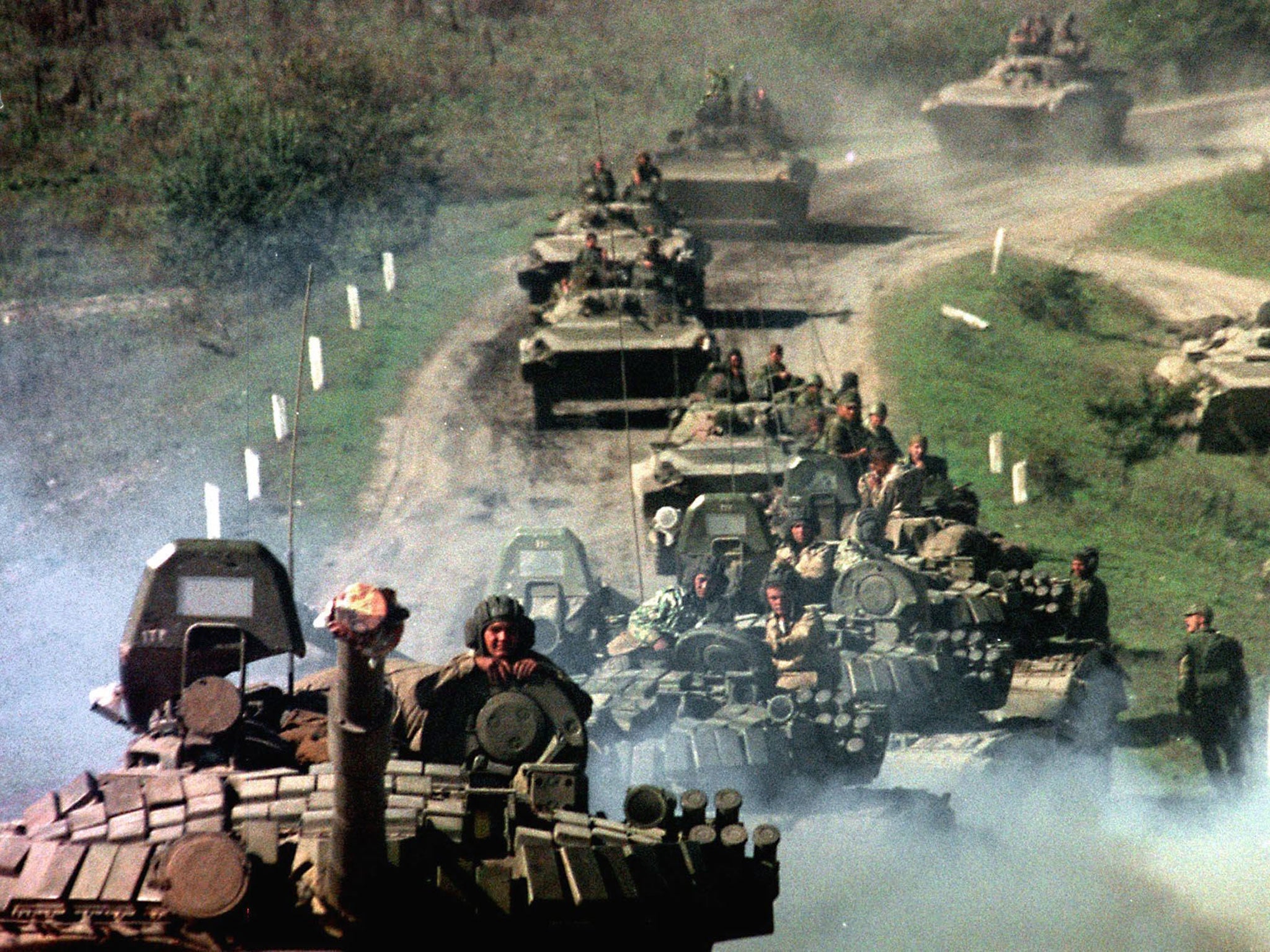
Putin’s policy of keeping Chechnya – and by extension the whole of the increasingly disaffected Muslim North Caucasus – in a state of lockdown has been answered by a succession of bombings and massacres by Chechen guerrillas and their allies from neighbouring states: most notably the Nord-Ost theatre siege in Moscow, where 130 hostages died, and the school massacre in Beslan, where 334 children and parents were murdered in 2004. Now the threat has moved to Sochi. If Umarov sabotages the Games, he may fatally undermine Putin’s sedulously cultivated fiction that his country is one big happy family.
But, in truth, this guerrilla war is just the latest stage in a cycle of oppression and resistance lasting centuries, with Putin simply repeating the mistakes of the tsars and Soviets. And if the Chechens’ anger is fuelled by folk-memories of persecution, their resolve is stiffened by memories of the 19th-century rebel leader who kept the tsars at bay for 20 humiliating years – Imam Shamil. And in the career of that charismatic psychopath – who even had his admirers in the drawing rooms of Victorian London – lies the quintessence of the Russian-Chechen story. The story began when Catherine the Great built a highway south through the mountains to her Christian friends in Georgia. Her imperialist push provoked a shepherd named Sheikh Mansur to rally local resistance, and to call for a renunciation of the corrupting alcohol which the Russians had introduced. In language which Yeltsin would later invoke to describe his Chechen foes, the Russians dismissed Mansur and his followers as “bandits”. He was caught and imprisoned, but he taught the Russians not to underestimate “the people of the mountain”.
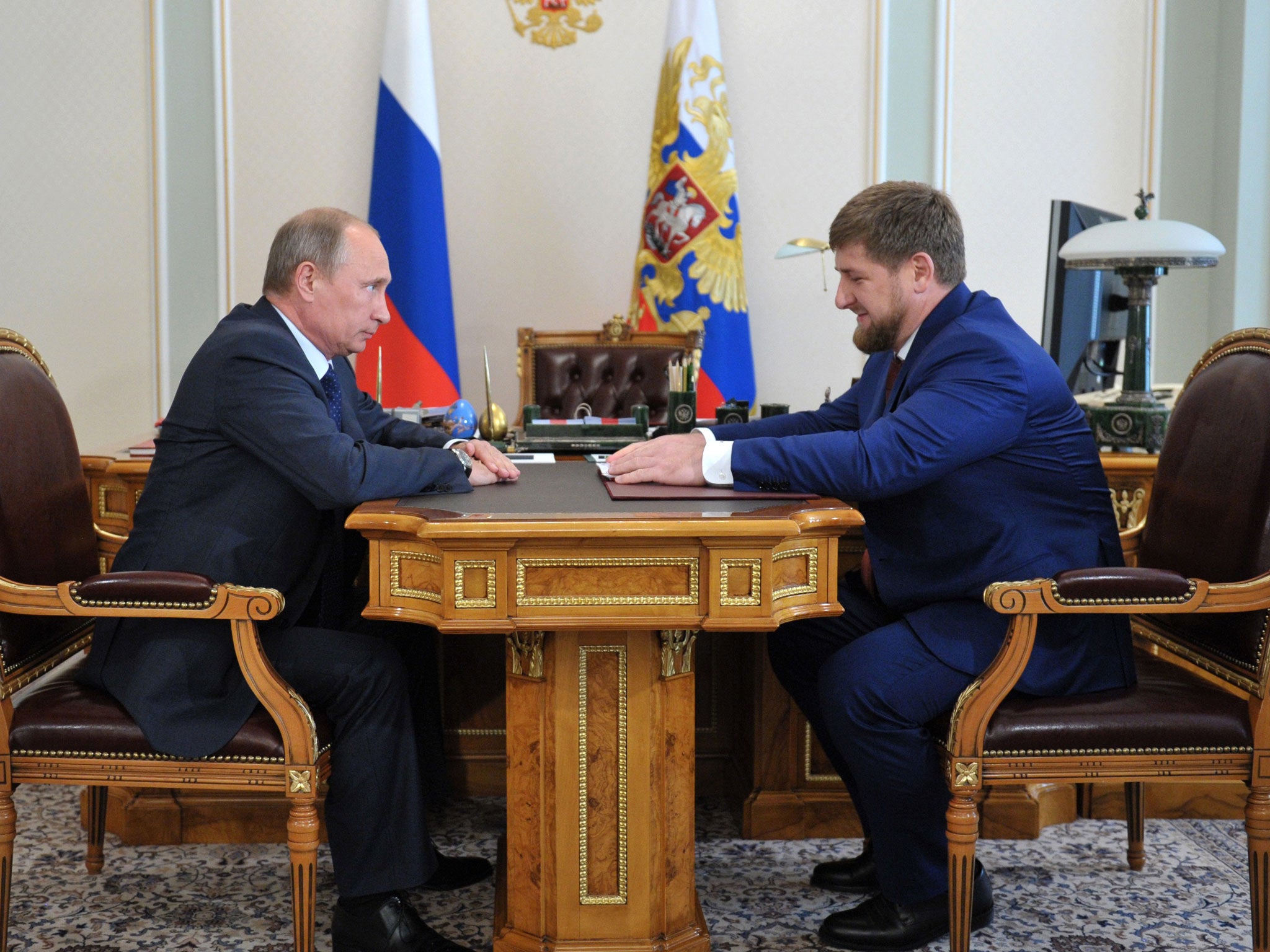
The next phase of the Russian-Chechen dance-of-death came in 1816, when General Alexei Yermolov was appointed to turn the Caucasus into an integral part of Russia, just as Putin is trying to do now. Yermolov’s opening declaration was chilling: “I desire that the terror of my name should guard our frontiers more potently than chains or fortresses, that my word should be for the natives a law more inevitable than death. One execution can save hundreds of Russians from destruction, and thousands of Muslims from treason. “He founded the fortress of Groznaya (“Dreadful”) in the middle of Chechen territory, and though Chechen snipers harassed his builders by night, a reign of terror began. Crops and houses were burnt, men were massacred, women raped, and troublemakers deported: some to Siberia, others up into the mountains, thus sowing the seeds of the resistance that Russia faces today. Yermolov, like Mansur, lives on in Chechen folk memory.
But Yermolov’s biggest achievement was to provoke the rise of a radicalised Islam whose leaders forged the Muslim tribes of the Caucasus into an army. And the greatest of those leaders was Imam Shamil. Born in Dagestan in 1796, this sickly son of an alcoholic father transformed himself into an athlete of superhuman strength and a warrior of unparalleled ferocity. After a youthful drunken episode, he invited his best friend to lash him 40 times in expiation; he is said to have terrorised his father into abstinence by threatening to stab himself to death in front of him, if he ever indulged again.
But Shamil was also pragmatic: he tried to do a deal with the Russians whereby he would accept their sovereignty, if they would accept the implementation of Sharia in the Caucasus. They refused, and took his 12-year-old son as a hostage. But in 1839 they made a cardinal error by trying to confiscate the Chechens’ firearms: this was an affront that no self-respecting mountaineer could tolerate. Followers flocked to Shamil, who set about establishing an Islamic state, puritanical, but without Taliban-style excess.
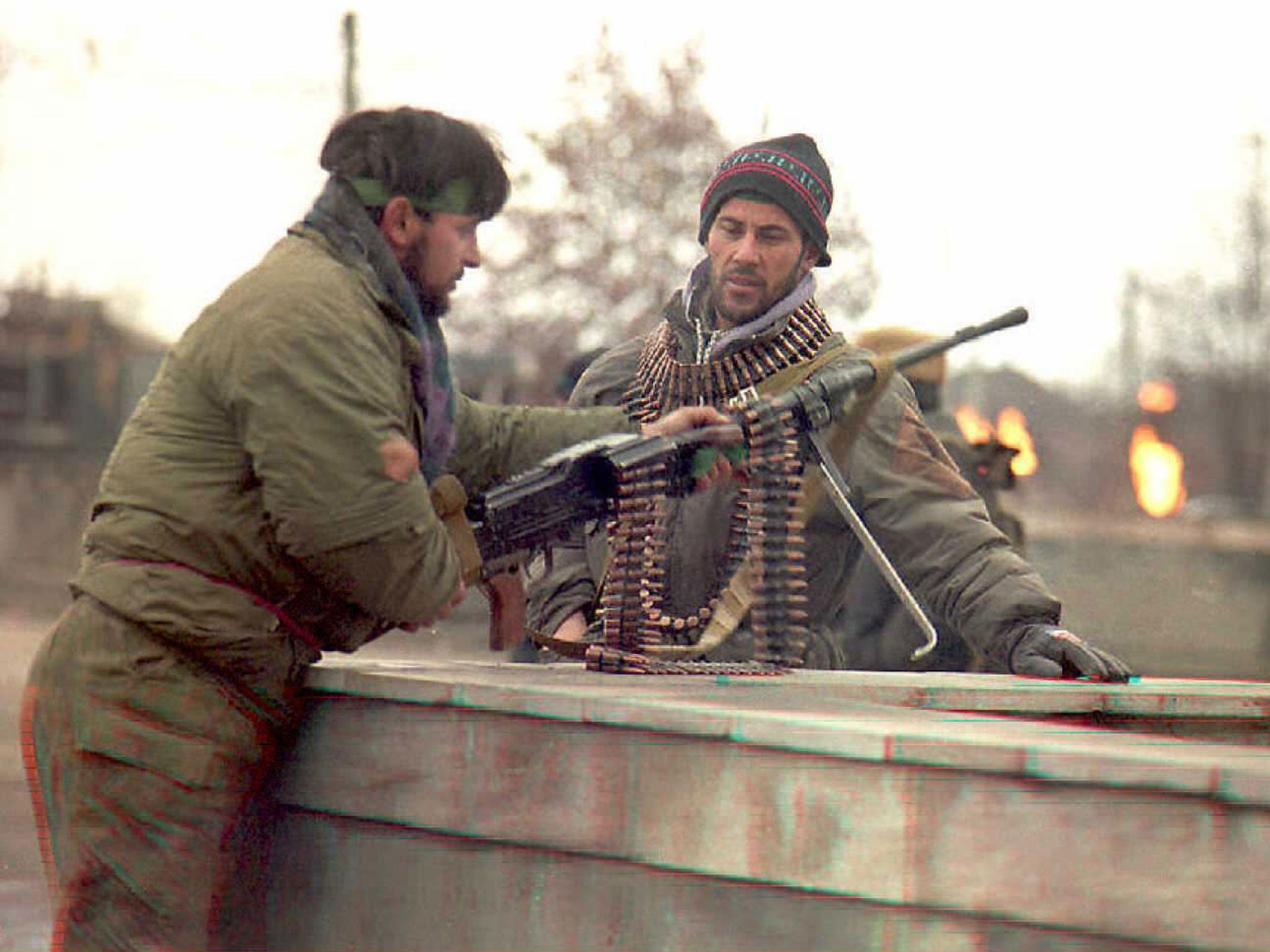
Shamil always travelled with his personal executioner – lopping off hands or heads as his master required – and his authority was mesmerising. A Chechen village caught in the crossfire between Shamil and the Russians sent messengers requesting either his protection, or his permission to make peace with the enemy; they persuaded his aged mother to be their go-between. According to contemporary accounts, his furious response was a three-day retreat into his mosque, after which he emerged to announce, weeping, that Allah had decreed that the conveyor of this outrageous request should receive 100 lashes. As the first blows fell, the old lady fainted, whereupon Shamil tore off his red robe, handed the torturers the whips, and joyfully received the remaining lashes himself. Instead of then executing the messengers, as everyone expected, he sent them home with the instruction to broadcast what they had seen.
Tolstoy was one of many Russian writers fascinated by Shamil, who figured in his great novella Hadji Murat: “The imam wore nothing shiny, no gold or silver whatsoever, on his tall, erect, powerful figure. His pale face, fringed by a trimmed red beard, with its small eyes constantly screwed up, was like stone, utterly immobile... his eyes looked at no one.”
Ever since his posting as a junior officer to the Caucasus, Tolstoy had been dazzled by the valour of the Chechens. In Hadji Murat, he lets us breathe the peaceful air of a village, and then – in a passage that eerily foreshadows scenes in 1970s Vietnam – shows what the Russians do in a morning of carefree violence with fire, bayonet, and gun; they also pointedly foul the mosque and the fountain. The surviving village elders, writes Tolstoy, “experienced feelings stronger than hatred. It was the refusal to recognize these Russian dogs as people. And the desire for their destruction, like the desire for the destruction of rats, poisonous spiders and wolves, was just as natural as the feeling of self-preservation.” Such feelings, after similar Russian depredations, became familiar to Chechens in the 1990s.
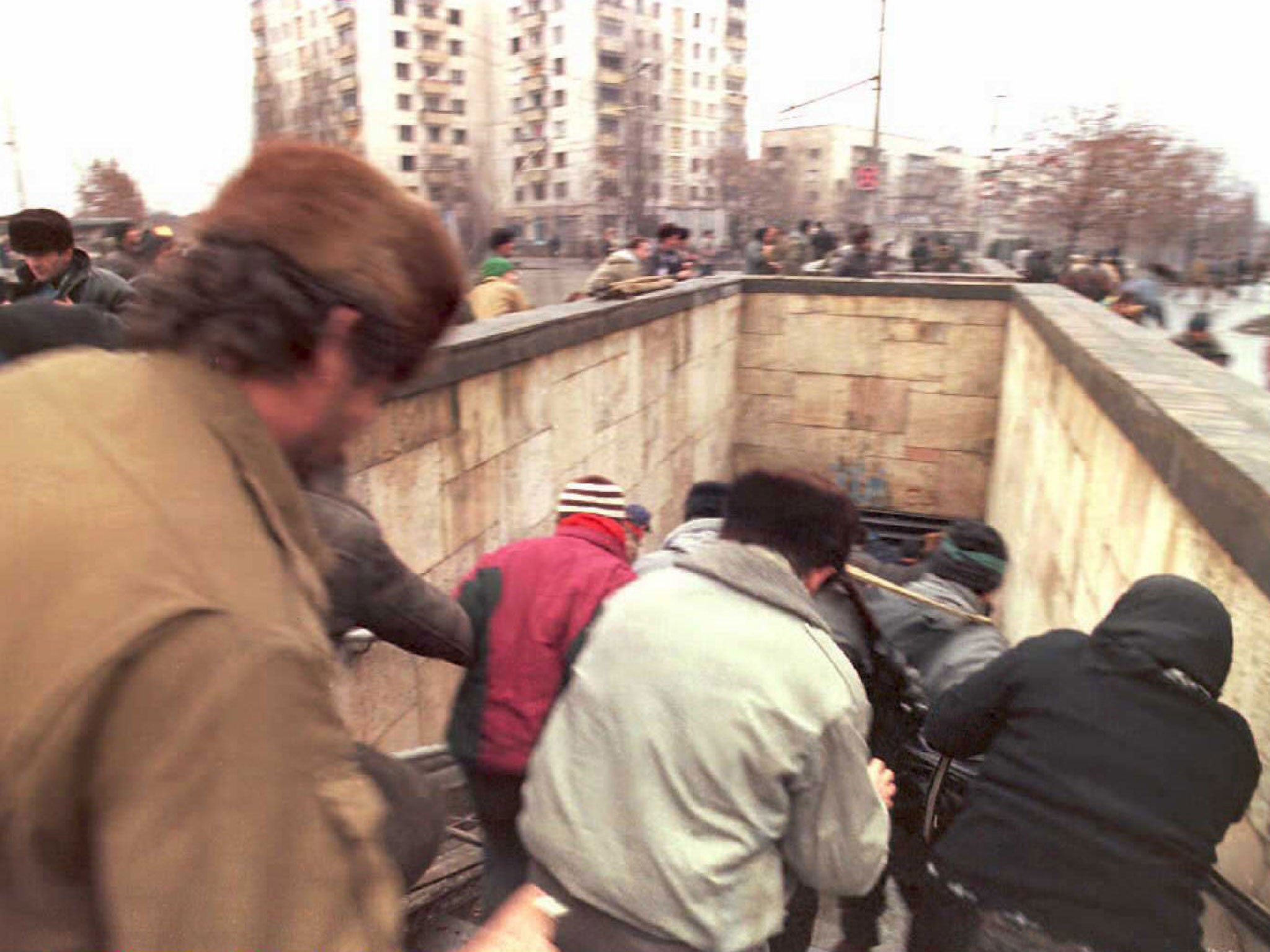
Shamil was finally captured, and Yermolov’s policies intensified. Fresh deportations prompted a Russian minister in 1856 to make the first recorded use of the term “ethnic cleansing”. When deportee Chechens returned to their native land after the Russo-Turkish war of 1877-78, they were branded by the Russians as “savages” and “traitors”.
And that was how Stalin treated them. Exemplary executions were backed up by other ploys: the Russian language was imposed in schools; borders were adjusted to dilute the Chechen ethnic weight; and pilgrimages to Muslim holy cities prohibited. Moreover, the North Caucasus was where collectivisation began in 1929, despite the fact that the Chechens’ denial of private land-ownership made this “reform” a logical absurdity, since there were by definition no “rich peasants” in Chechnya. Chechens traditionally lived in auls – villages of single-storied, flat-roofed houses built of sun-baked mud. Each house had its garden or orchard, with the nearby fields – communally owned – being used to grow oats or barley: in times of danger, the women and children would gather up their belongings and flee to the forests which were, until the Russians cut them down, their perennial refuge.
Nothing impeded the Soviets’ genocidal thrust. When the Great Purges of 1937 began, Chechnya saw the extermination of its entire intelligentsia. And the outbreak of the Second World War brought the Chechens sufferings unparalleled even by their standards: on the specious pretext that they had supported the Nazi invaders, they were deported wholesale to Central Asia with breathtaking ruthlessness. In some villages, people were invited to watch equestrian contests, or to come together for street parties. Once everyone had assembled, the men were arrested and the women told to go home and pack their bags. Other villages were massacred en masse.
The Jews deported to Auschwitz did not suffer worse in transit than the Chechens on the trains that carried them starving across the steppes. Those who managed to filter back after hard labour in their Asian settlements found strangers occupying their homes; from that point on, they were treated as second-class citizens, and remained so until the Soviet Empire’s demise. In present-day Russia, dark-skinned people from the North Caucasus are routinely stigmatised as “blacks”, suffering physical harassment and discrimination.
But now back to Sochi, and to the bones which Umarov wants to honour. The first great deportation of North Caucasus tribes had taken place after Russia’s humiliating defeat in the Crimean War in 1856. Looking for someone to vent their wrath on, the Russians fixed on the people of the North Caucasus, and, with Imam Shamil neutralised, they turned on the mountain tribes he led, massacring or deporting hundreds of thousands of Chechens, Nogais, Karachais, and Circassians.
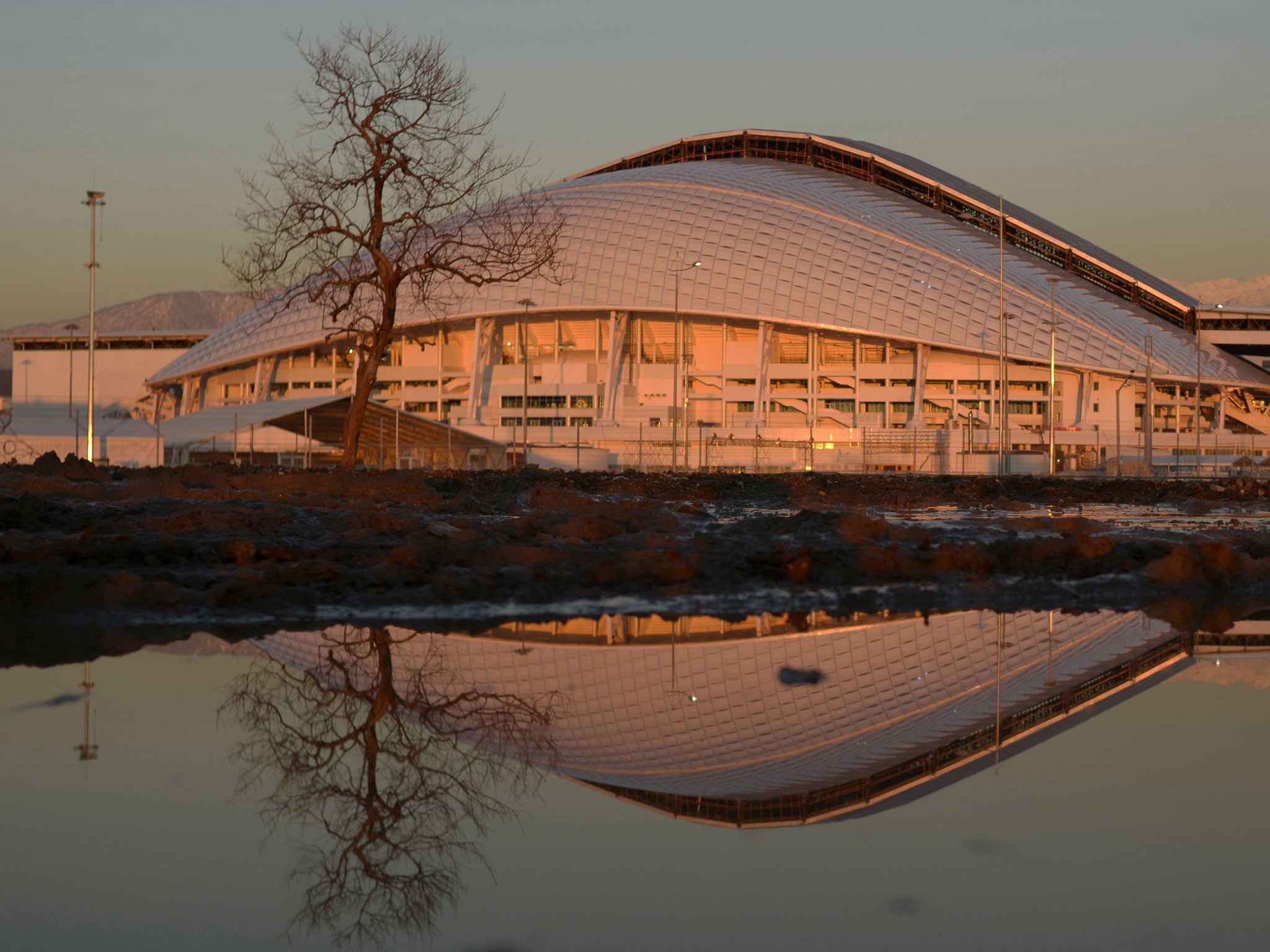
And, as the British writer Oliver Bullough points out in his book Let Our Fame Be Great, the final deportation of the Circassians took place exactly 150 years ago – in Sochi. This is the anniversary that the International Olympic Committee – and Putin – are now marking with their jamboree. As a group from the Circassian diaspora asked the IOC three years ago, ‘What if one of the candidates to host the Olympic Games had been Auschwitz-Birkenau?’ There was apparently no reply from the IOC, but Umarov and his friends are planning one now.
Michael Church is the Independent’s classical music critic. His award-winning collection of Chechen field-recordings, ‘Songs of Defiance’, is released on the Topic label
Join our commenting forum
Join thought-provoking conversations, follow other Independent readers and see their replies
Comments